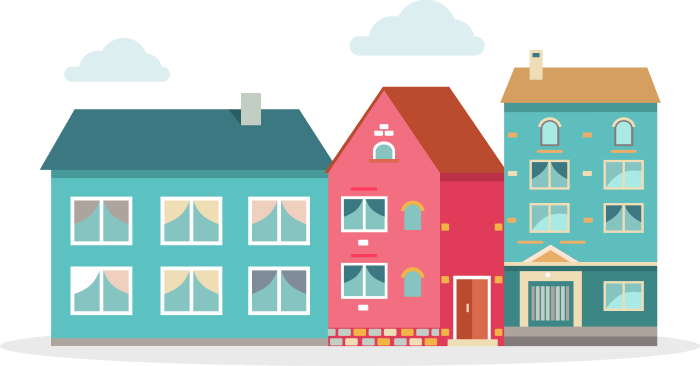Houston
We did the research. Find a place to call home.
B+
Quality of Life Score
Houston Information
2,319,000
Total Population
45%
Married Persons
55%
Single Persons

7/10
City Rating
City ratings are often based on a variety of factors including quality of life, economic opportunities, safety, education, and more. A rating of 7 or higher might suggest a city with a relatively high quality of life and desirable living conditions. A rating below 5 might indicate challenges or lower overall satisfaction.
7/10
Overall Value
This is a broader rating that takes into account multiple factors affecting the overall appeal of a city. Ratings above 7 might indicate a highly attractive city, while those below 5 might suggest areas for improvement.
10/10
Density (Population per mile²)
City density refers to the concentration of people living within a city's geographic area. It is typically expressed as the number of residents per square mile or square kilometer. Higher density indicates that more people live in a given area, leading to potentially busier streets, more crowded living conditions, and increased access to amenities and services.
3600
Houston
260,000
Reno
City Info
Houston, Texas, is the largest city in Texas and the fourth-largest in the United States, with a 2025 population of about 2.3 million residents. It serves as the county seat of Harris County and anchors a metropolitan area of nearly 6.9 million people. Houston is known for its diverse population, with Hispanic or Latino residents making up about 44%, White residents about 35%, Black or African American residents about 23%, and Asians around 7%. The city has a youthful median age of 34.3 years and a growing economy driven by energy, healthcare, aerospace, and technology sectors. Houston’s average household income is approximately $101,848, with a poverty rate near 19.7%. The city offers a range of neighborhoods from densely populated urban cores to sprawling suburbs, with median home prices around $339,000, which remain affordable compared to national averages. Houston is culturally vibrant, with a large foreign-born population (about 29%) and a strong veteran community. The city continues to grow steadily, adding over 0.2% population annually, supported by diverse economic opportunities and extensive infrastructure.
Residence
40% (Homes Rented)

50 Years
Median Home Age
$339,000
Median Home Price
4%
Home Aappreciation Rate
3%
Annual Property Tax
Weather
60%
Sun
30%
Rain
10%
snow
Residence
Houston’s housing market is diverse, with a mix of older homes and new developments. The city has a balanced homeownership rate, with many residents renting due to urban density and affordability. Neighborhoods vary widely, from high-density urban areas to suburban communities.
Community
7
Crime Rate (per 100,000)
Democratic
Political Majority
34
Average Age
Community
Houston is one of the most ethnically diverse cities in the U.S., with a vibrant multicultural population. The city supports a strong immigrant community, a large veteran population, and a dynamic cultural scene. Civic engagement and economic development efforts continue to shape Houston’s growth.
Locale

Occupation
25%
Management, Business, Art & Sciences
20%
Sales & Office Occupations
15%
Service Occupations
15%
Production, Transportation & Material Moving
5%
Natural Resources, Construction & Maintenance
Education
1:18
Student Teacher Ratio
30%
High School Diploma
30%
Some College or Associates Degree
15%
Bachelors Degree
10%
Graduate or Professional Degree
Locale
Houston offers a broad range of urban and suburban lifestyles with extensive cultural, educational, and recreational amenities. The city’s infrastructure supports a large and growing population, with ongoing investments in transportation, healthcare, and technology sectors.
Transit
27%
Public Transportation
70%
Car
10%
Carpool
10%
Work At Home
Transit
Houston is primarily car-dependent, with extensive highway networks and suburban sprawl. Public transit options exist but cover limited areas relative to the city’s size. Commute times are slightly above the national average due to traffic congestion and urban spread.


